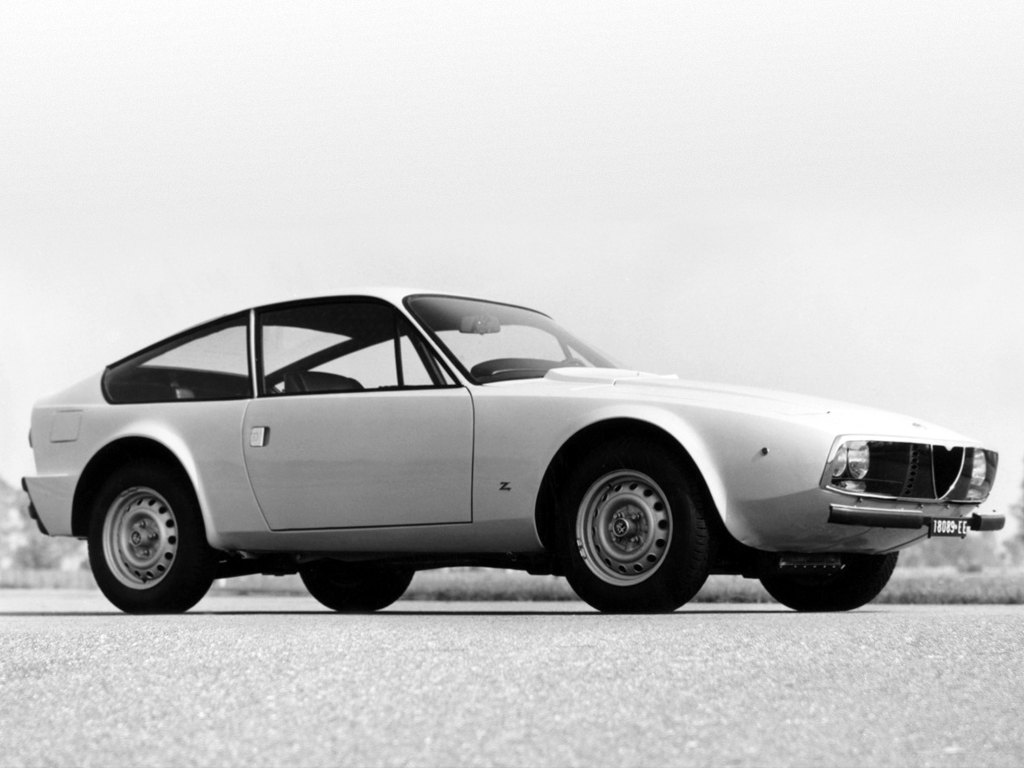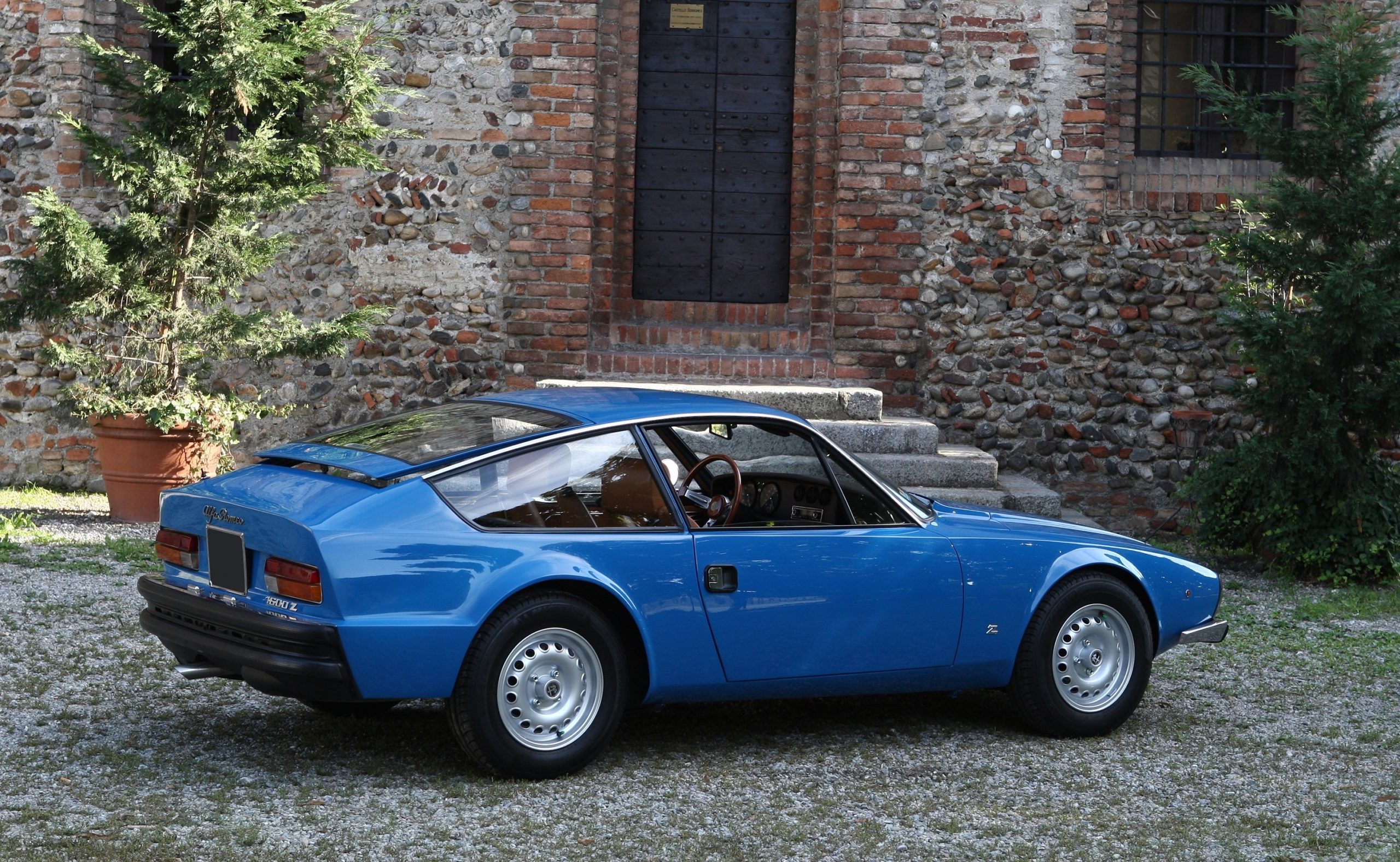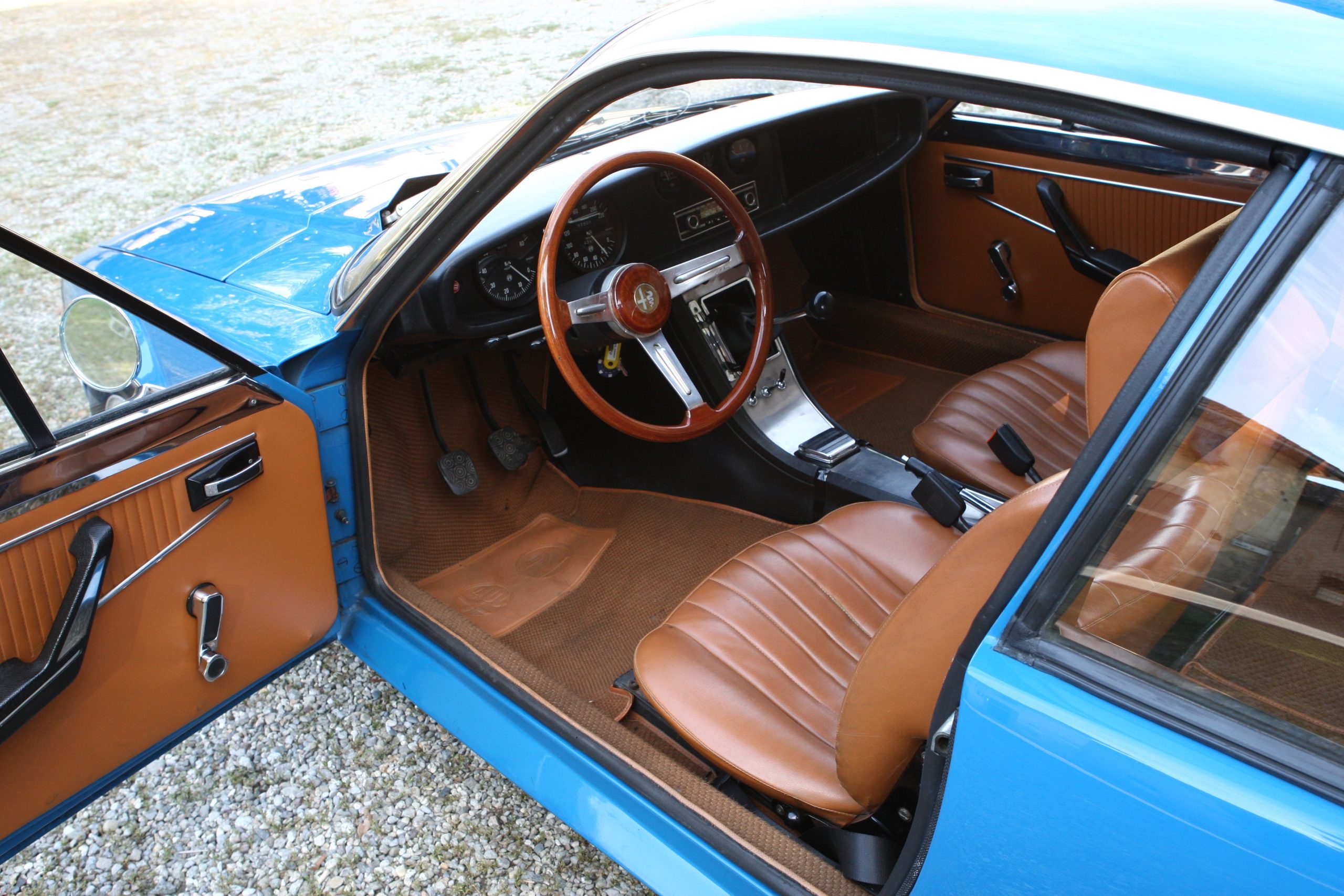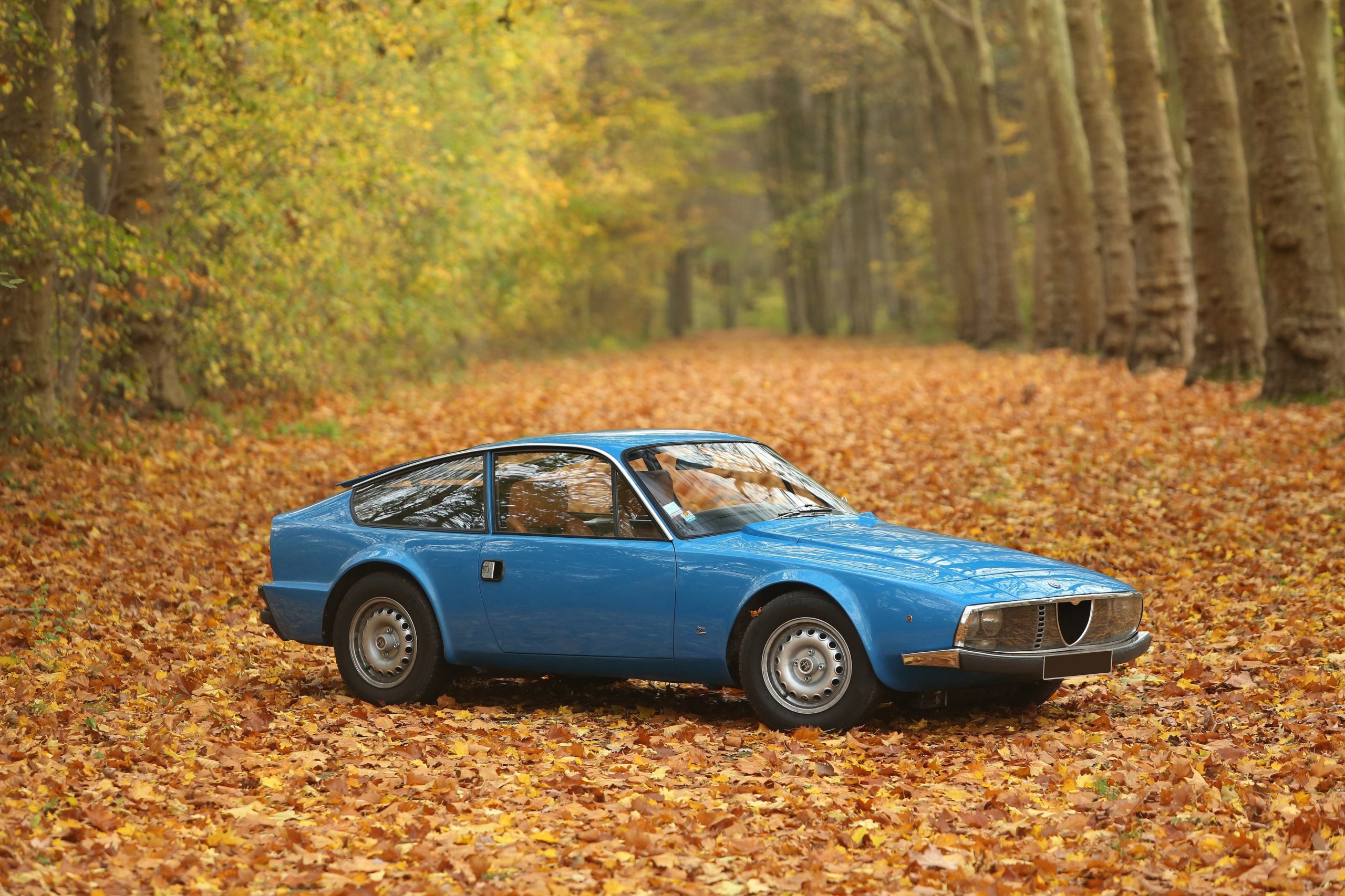Photo credit: Wheelsage
The Alfa Romeo Junior Zagato was created for a specific purpose. Until that time – we are towards the end of the ’60s – Carrozzeria Touring Milano had produced almost all of the special series built on Alfa Romeo mechanics, while Zagato was responsible for building the bodies for “gentlemen drivers” who took their Alfa Romeos to the race tracks on weekends. With the closure of Touring Milano at the end of 1966, a void was created and the parent company asked Zagato to fill it, creating a special series of automobiles on the basis of the Giulia “Series 105”.

The Junior, a beautifully low and wide torpedo on wheels, with its spectacular truncated tail, aerodynamically perfect and stylistically avant-garde, was the work of the designer Ercole Spada, head of the Zagato style centre. Success was immediate, and the first series Junior Zagato with its 1.3 litre engine, presented at the end of October 1969, was produced in 1,108 units until production ceased in 1972. The second series, Junior Zagato 1.6, some 10 centimetres longer, with a less extreme tail designed by Giuseppe Mittino, different in many details and equipped with a 1.6 litre engine, was produced from 1972 to 1975 in 402 units, highlighting almost immediately a certain distance between the successes of the two versions.

Even today, after 50 years, enthusiasts seem increasingly attracted to the 1.3 version rather than the 1.6, even though the second commands almost double the prices of the first series, thanks to the smaller production run and the more powerful engine. One could even go so far as to say that the Junior 1.3 is bought with the heart while the Junior 1.6 is bought with the brain. Both versions were almost totally forgotten until 4/5 years ago, when there was suddenly a certain awakening of interest, first for the 1.3, which many complain that the engine isn’t up to promise of car with such a race-like styling, and has now reached the 1.6 which, despite being less innovative and beautiful, has the bonus of having a more powerful engine.

Today, a good example of a 1.3, if you can find one, is worth about 40,000 Euros, while the rarer 1.6 in good condition can fetch around 80,000 euros. Beware of restoration costs and spare parts though, because some specific details, such as the seat frame, plexiglass front and bumpers, are almost nowhere to be found.
